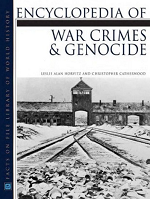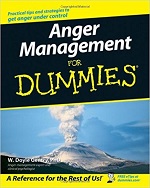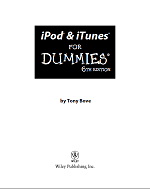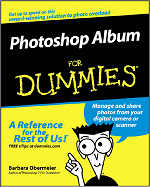_Encyclopedia of_War_Crimes and_Genocide
- The title Encyclopedia of War Crimes and Genocide was chosen for the sake of simplicity and compression, because the book’s scope extends to such topics as crimes against humanity, crimes against peace, and human rights violations. Many of the individuals profiled here—a veritable “rogues’ gallery”—were never formally indicted for war crimes; indeed, they committed their crimes during periods when their countries were not at war. Nonetheless, their excesses and abuses of human rights warrant their inclusion. Some of them, such as Pol Pot, Idi Amin, and Joseph Stalin, none of whom have ever had to answer for their crimes in a court of law, are well known. Other men profiled here—and they are nearly all men—while hardly household names, nonetheless stand out, whether because their cases shed light on an important issue (the destruction of public or cultural property, for example) or because they establish a crucial legal precedent. Although these pages are crowded with dictators, mass murderers, and torturers, we would have been remiss if we had not given space to prominent human rights organizations and activists who have done so much to redress grievous wrongs often at great risk to their lives.
- 593 pages
The title Encyclopedia of War Crimes and Genocide was chosen for the sake of
simplicity and compression, because the book’s scope extends to such topics as
crimes against humanity, crimes against peace, and human rights violations.
Many of the individuals profiled here—a veritable “rogues’ gallery”—were
never formally indicted for war crimes; indeed, they committed their crimes
during periods when their countries were not at war. Nonetheless, their excesses
and abuses of human rights warrant their inclusion. Some of them, such as
Pol Pot, Idi Amin, and Joseph Stalin, none of whom have ever had to answer
for their crimes in a court of law, are well known. Other men profiled here—and
they are nearly all men—while hardly household names, nonetheless stand out,
whether because their cases shed light on an important issue (the destruction
of public or cultural property, for example) or because they establish a crucial
legal precedent. Although these pages are crowded with dictators, mass murderers,
and torturers, we would have been remiss if we had not given space to
prominent human rights organizations and activists who have done so much to
redress grievous wrongs often at great risk to their lives.







